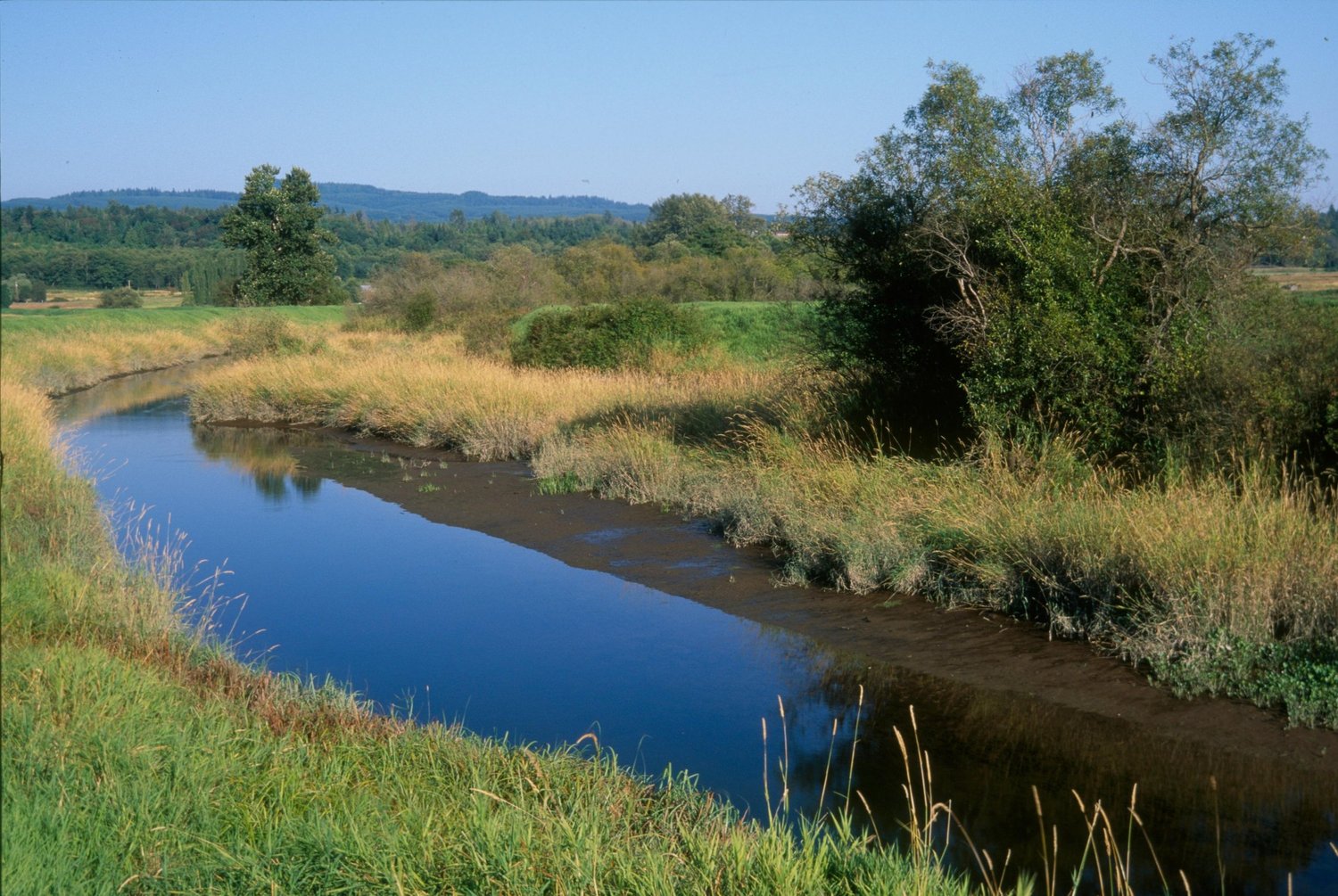
Sadly, the mix of human growth and local weather change has wreaked havoc on the Fraser’s pure abundance. Salmon returns have taken a precipitous downward flip. And final fall the area was wracked by flooding – with damages far exceeding the catastrophic impacts felt south of the border in Washington state. Happily, there’s a rising coalition working to reverse these developments. Beneath the management of Tyrone McNeil, tribal chief and chair of the Coast Salish Emergency Planning Secretariat, and drawing from the Floodplains by Design expertise, this group has captured the eye of provincial and nationwide management, working to affect $5 billion in funding that the Canadian authorities has dedicated to restoration.
This Indigenous-led effort mirrors and builds upon that of Floodplains by Design, counting on rules that must be a part of any efficient and equitable local weather adaptation efforts. Utilizing these attributes as guideposts isn’t solely a extra simply solution to adapt to a altering local weather, however a simpler strategy – enabling extra impactful and resilient options, and accelerating constructive change. They embrace:
-
A paradigm shift towards deeply collaborative, holistic administration of our lands and waters
-
Inclusive processes that interact all impacted pursuits and middle tribal management
-
Integrating local weather science, public well being and security, ecosystem restoration, agricultural viability, and financial sustainability
-
The innovation and promotion of community-driven, multi-benefit and nature-based options
The foundational rules belying FbD’s success had been mentioned in periods of the cross-border Salish Sea Ecosystem Convention final month. Floodplains by Design leaders have been invited to journey north in June to share our expertise with native, provincial, nationwide and First Nations management.
I feel again to the dangerous likelihood we took when TNC and our companions launched the Floodplains by Design initiative with monetary help from EPA, NOAA and Boeing, and asking “might we break the political and social logjams and speed up habitat restoration and salmon restoration by placing public security and different neighborhood pursuits on equal footing with environmental objectives?”. On the time if felt revolutionary. And now clear the reply isn’t solely a convincing YES for Washington, however that others might also be embracing a braided profit technique to make neighborhood, local weather and biodiversity progress, sooner. Now that’s scaling our affect!
Featured picture: Fisher Slough, Skagit River delta. Credit score: Keith Lazelle.

